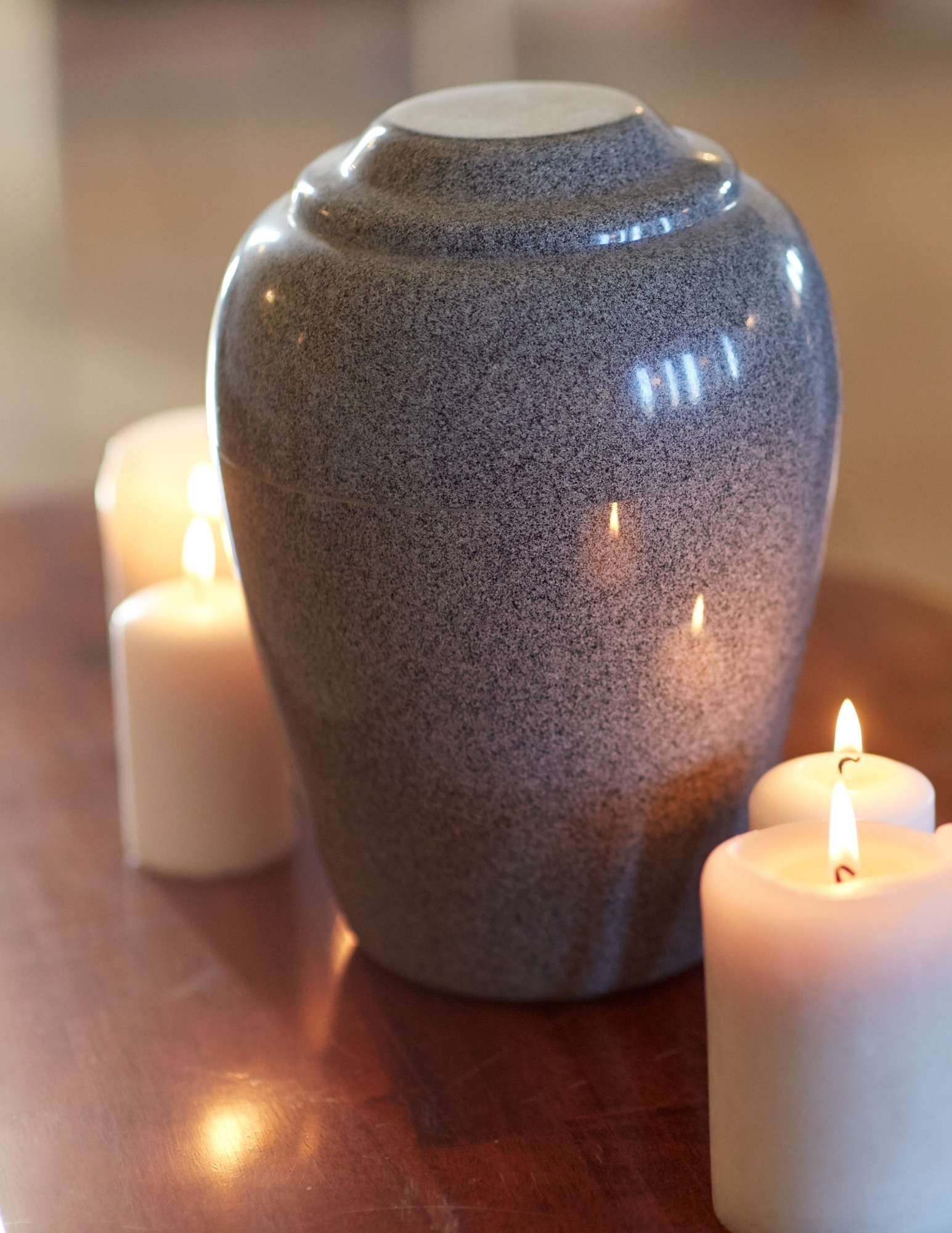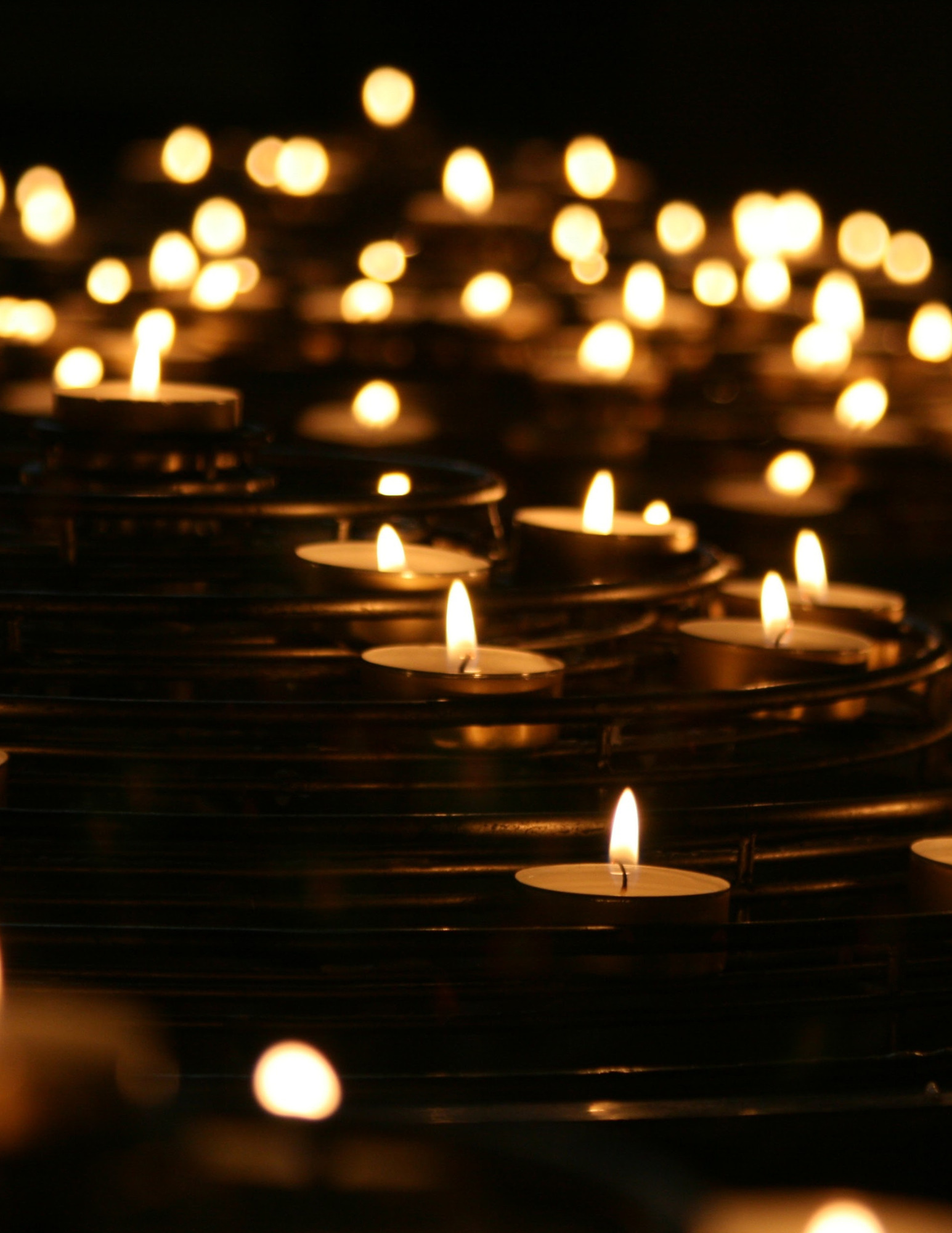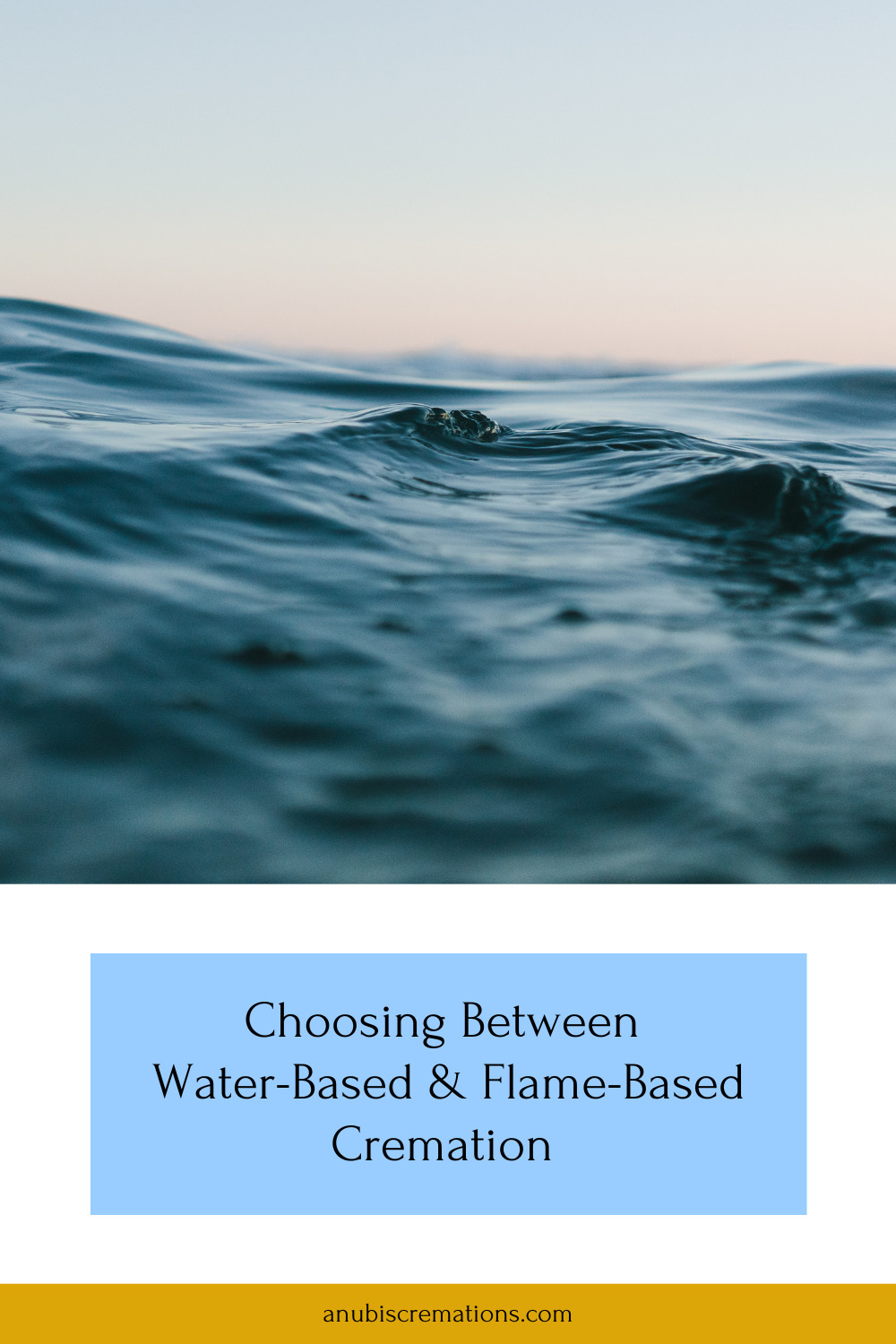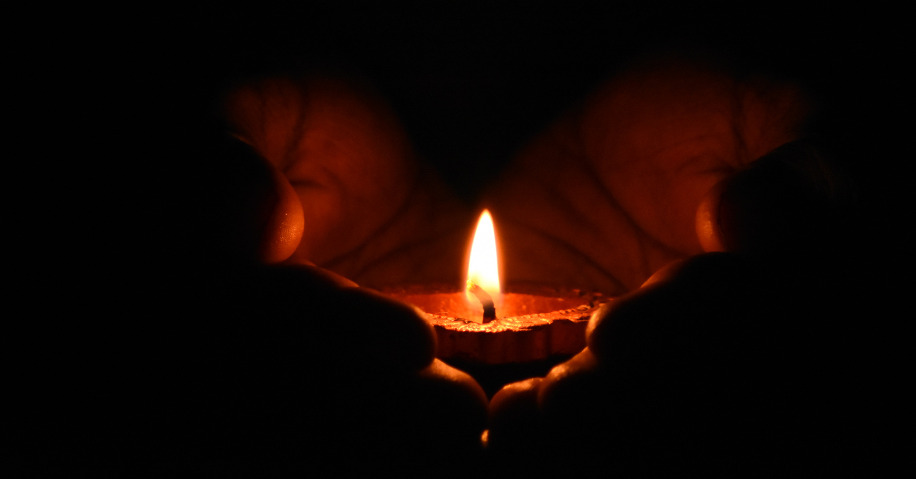Water Cremation vs Fire Cremation: What You Need to Know
Struggling to make a choice between water cremation vs fire cremation? Understanding the distinctions between water cremation and traditional fire cremation, along with the benefits and considerations of each method, will help you decide the best way to honor your loved one’s memory.
What is Water Cremation?
Water cremation, also known scientifically as alkaline hydrolysis, uses a combination of water and a strong alkali under high pressure to accelerate the natural decomposition process. Placed in a specially designed vessel, the deceased undergo a process that reduces them to chemical components, leaving behind only bone remains. These are then processed into a fine, white, ash-like powder, similar in appearance to what is produced by fire cremation but achieved through a much gentler process. Recognized for its minimal environmental impact, water cremation is a green cremation practice.

What is Fire Cremation?
Fire cremation, the traditional cremation method, involves incinerating remains at high temperatures within a combustion chamber. This process results in gasses and bone fragments, which are then ground into ash. As the more conventional method, fire cremation is familiar to most people and remains the most common choice in many cultures. However, it requires a significant amount of energy and is responsible for releasing carbon dioxide and other pollutants into the atmosphere, raising concerns about its environmental impact.

Environmental Impact and Green Cremation
The choice between water cremation vs fire cremation often hinges on their respective environmental impacts. Water cremation is lauded for being a green cremation method due its lower energy usage and significantly reduced carbon emissions. Traditional fire cremation, on the other hand, not only consumes a considerable amount of energy but also emits about 400 kilograms of carbon dioxide per body, contributing to greenhouse gas emissions. For those committed to reducing their ecological footprint, water cremation offers a method that is both gentle on the earth and respectful of the cycle of life, aligning with sustainable living principles.

Difference in Cremation Costs
Cremation costs are a practical consideration for many families exploring different direct cremation options. Average cremation costs will vary depending on location and package. At Anubis, our fire cremations start at $1,295 and water cremations start at $3,950. To learn more about the costs of our cremations, check out our General Price List.

Benefits and Drawbacks of Water Cremation vs Fire Cremation
Water cremation offers several benefits, including a lower environmental impact and a process that many perceive as more natural and less harsh than burning. It provides families with a sense of peace, knowing that their loved one’s departure was gentle and environmentally considerate. However, it’s less widely available than fire cremation and may not be recognized by all religious or cultural traditions.
Flame cremation, despite its environmental drawbacks, is deeply entrenched in many cultural and religious practices and is available more widely. It offers a quicker process and the familiarity that can be comforting to grieving families. While more eco-friendly than traditional burial with embalming, the environmental impact of flame-based cremation is a drawback for those seeking the greenest cremation method.
Funeral Services and Visitations
If you’re interested in flame-based cremation and a lower environmental impact option, Anubis offers a lower emissions alternative to traditional flame-based cremation. Anubis’ custom designed, state-of-the-art crematory has more than 50% reduced emissions compared to other crematories in California.

Deciding between water cremation vs fire cremation involves multiple factors, including personal, environmental, and financial considerations. Ultimately, the choice should respect the values and legacy of the deceased, ensuring that their final farewell is a true reflection of their life and beliefs. If you need guidance in making this important decision, contact Anubis today. We are here to provide you with the information and support you need to choose a method that honors your loved one in the best way possible.





